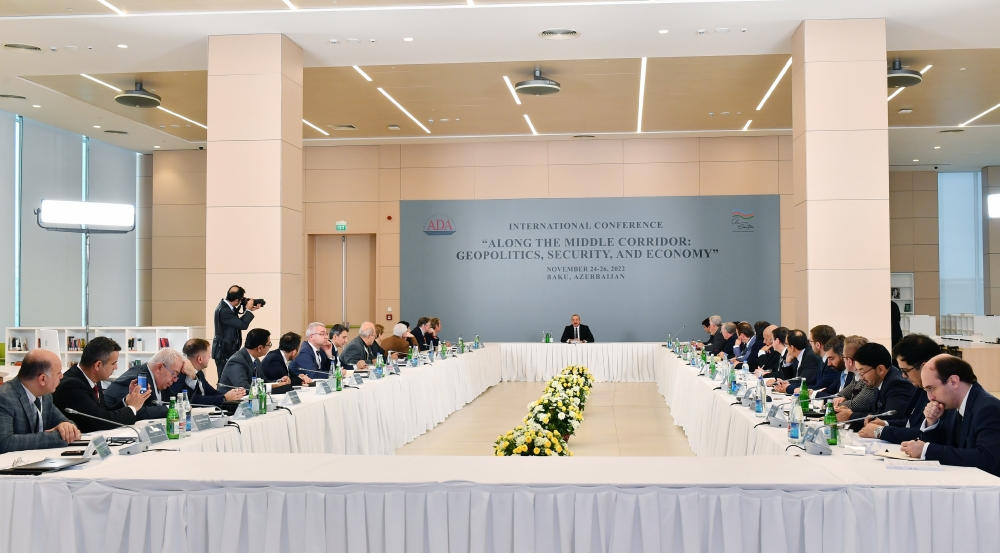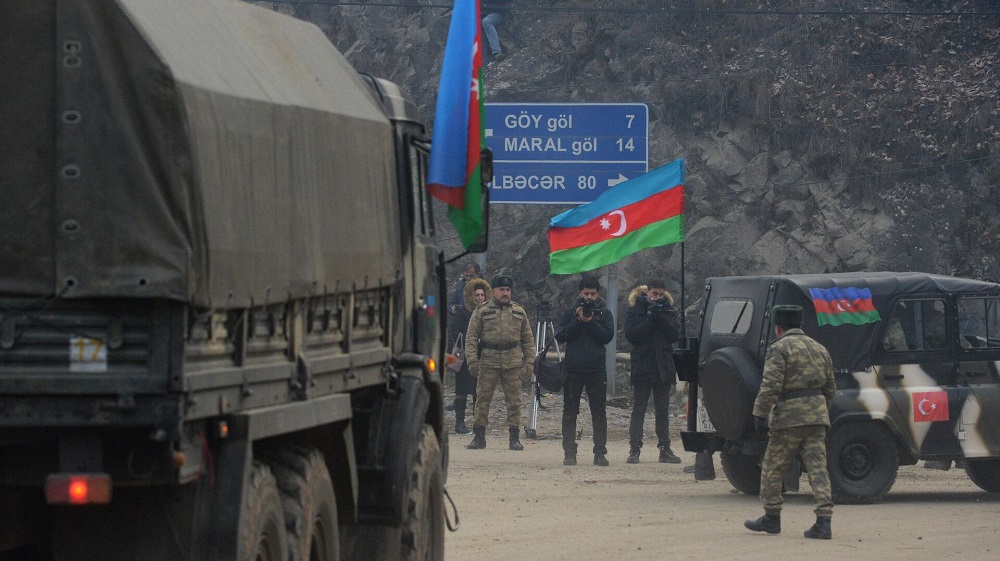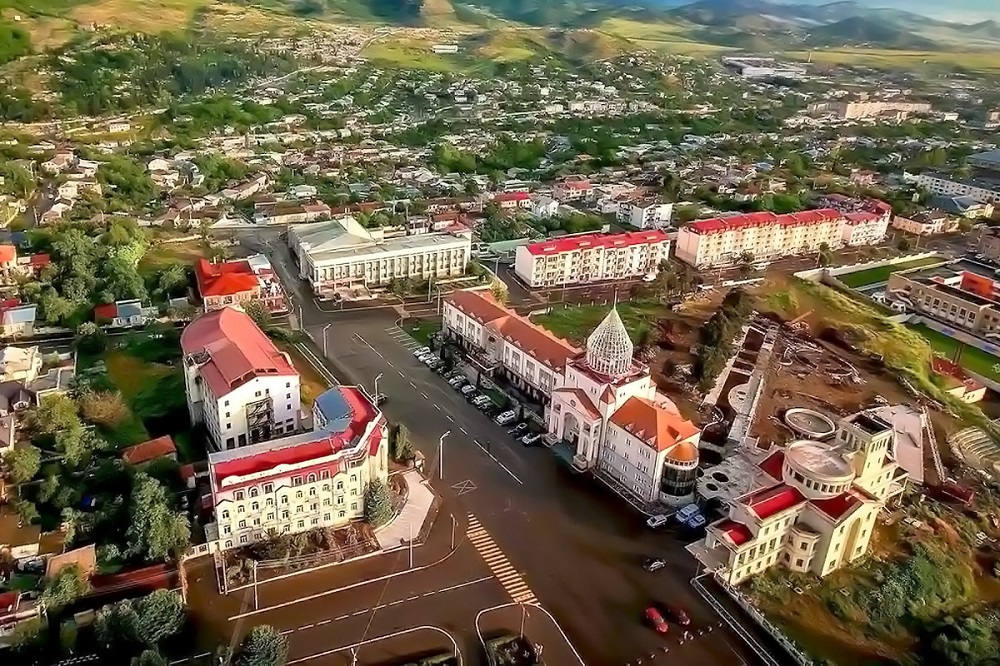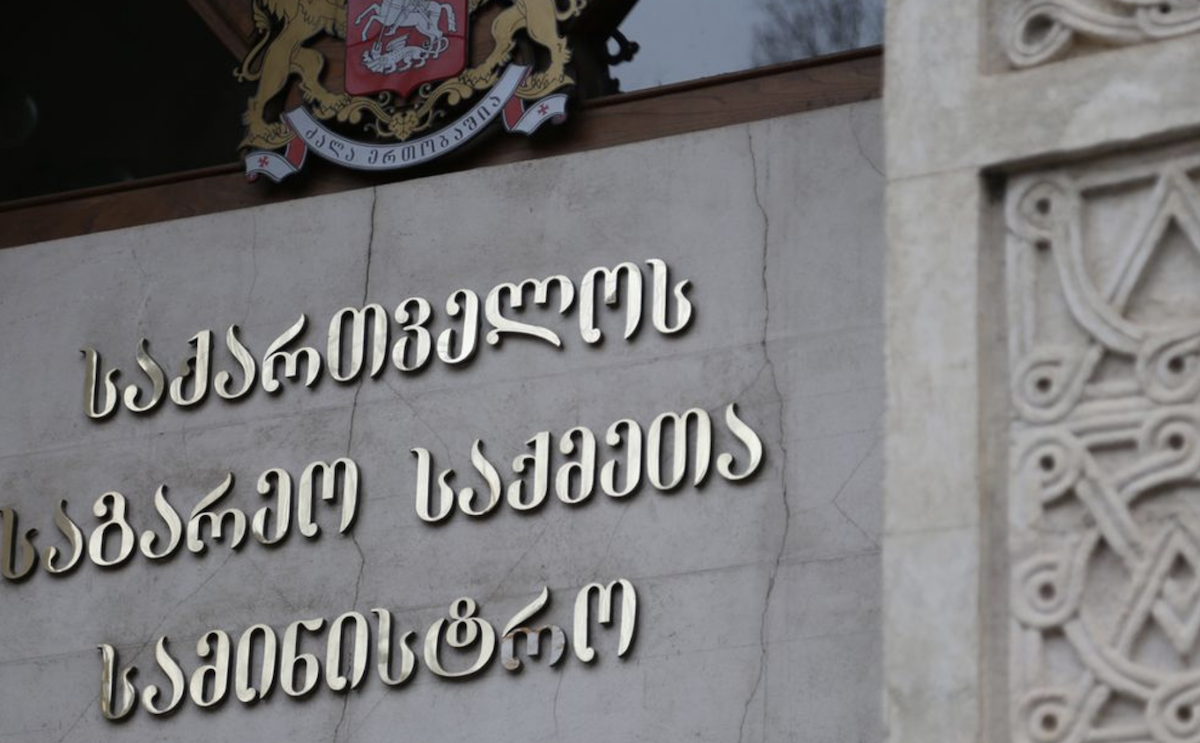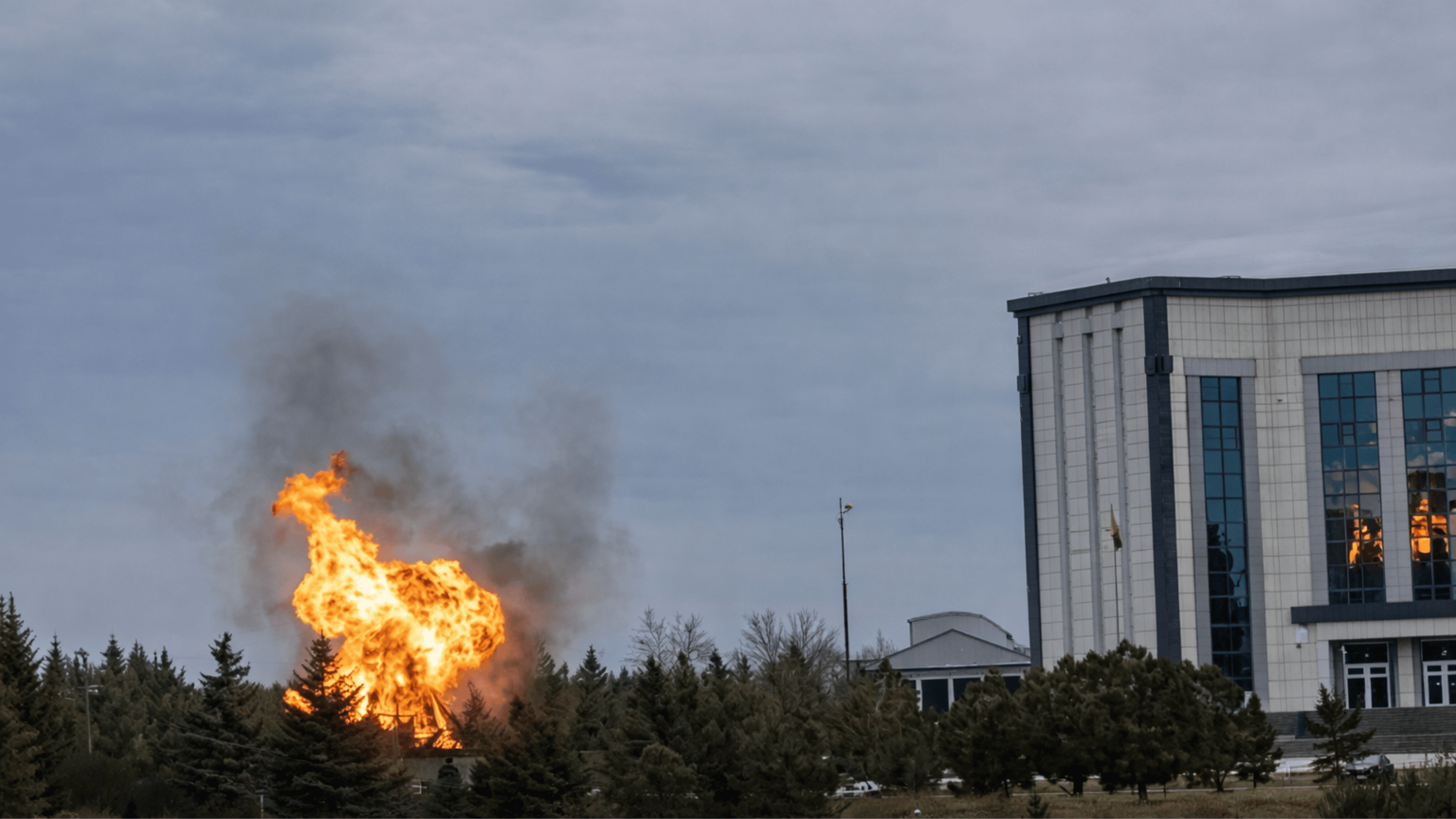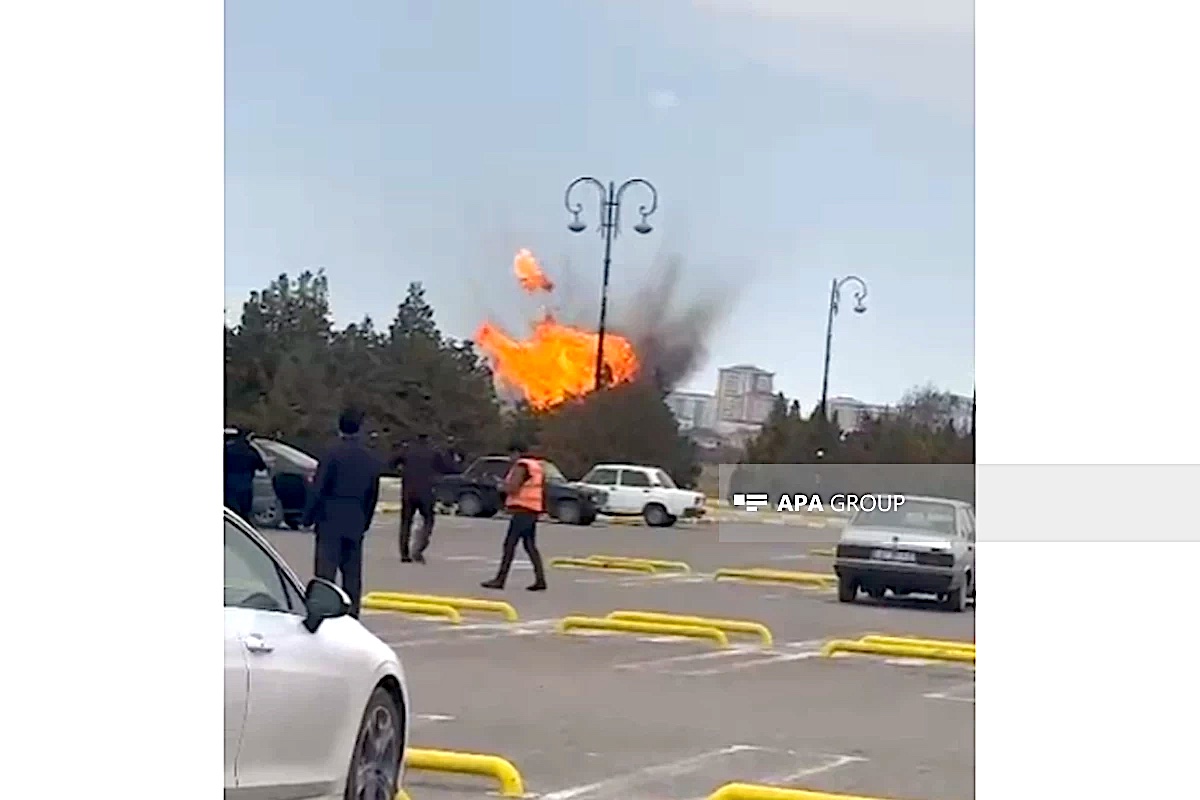Does the Armenian population of Karabakh hinder the signing of a peace treaty? Opinion from Baku
Peace Treaty and Baku-Khankendi Dialogue
According to the Washington narrative about solving the conflict between Azerbaijan and Armenia, Baku-Yerevan negotiations should be conducted in parallel with negotiations between Baku and the Armenian population of Karabakh. But Baku has its own conditions for conducting such negotiations, and criminal cases have been initiated against the “leadership” of the unrecognized regime by the Prosecutor General’s Office of Azerbaijan. According to experts of the South Caucasus Research Center, the Azerbaijani authorities have three choices in solving the problem.
- Azerbaijani officials meet with peacekeeper leadership in Khojaly
- “Soft reconnaissance” in Lachin corridor
- “There is no lack of political will”: Pashinyan on opening roads
“The peace treaty between Azerbaijan and Armenia has become one of the most discussed topics. The United States provides the greatest support for the negotiations around the principles presented by Azerbaijan. The US has set itself the goal of weakening Russia’s position in this process. Washington considers it necessary to normalize Yerevan-Baku and Yerevan-Ankara relations, and to start a dialogue between Baku and Khankendi (Stepanakert to Armenians),” the South Caucasus Research Center experts claim.
Parallel negotiations
Azerbaijani analysts believe that relations between Yerevan and Ankara depend on the normalization of relations between Yerevan and Baku, and therefore the United States is trying first to achieve the signing of a peace treaty:
“This document between Azerbaijan and Armenia should be signed on the basis of mutual recognition of territorial integrity.
Along with this, according to mediators from the United States, negotiations between Baku and Yerevan should be conducted in parallel with the negotiations between Baku and Khankendi.
According to the third point of the ‘Washington document’, the government of Azerbaijan should appoint a representative to work with the ethnic community of Armenians in Karabakh.
As planned, the settlement of Yerevan’s relations with Baku and Ankara will reduce Armenia’s dependence on Russia and weaken the position of the Russian Federation in the South Caucasus. And the Baku-Khankendi dialogue will lead to the Russian peacekeeping contingent in Karabakh losing its relevance and Russia’s withdrawal from Azerbaijan in 2025.
In order to prevent this activity of the West in the region, Russia at various levels and platforms presents the Western narrative of the resolution as contrary to the interests of Armenia. The Kremlin is using Vardanyan, and by interfering with his help in the negotiations between Baku and Khankendi, it is trying to satisfy its interests in Karabakh.”
“The format of Baku-Khankendi negotiations is beneficial to Pashinyan from the point of view that by doing so, Armenia frees itself from the burden of Karabakh. The Armenian prime minister is trying to have negotiations between Baku and Khankendi (that is, between the elected representatives of the two peoples) in a format in which mediators from international organizations can take part,” the CSSC noted.
Experts emphasize that Armenia’s goal has not changed, but the approach to the issue has:
“According to the five-year government program, the solution of the Karabakh problem should be based on the principle of remedial secession. And in order to organize a branch of Karabakh, the first thing to do is to recognize the territorial integrity of Azerbaijan. That is why Pashinyan, in one of his last interviews, said that back in 2007 Armenia recognized Karabakh as an integral part of Azerbaijan. Here the goal is to bring the narrative of “genocide” to the fore, and organize a remedial separation of Karabakh from Azerbaijan.”
Baku’s conditions for negotiations
Unlike other countries, Baku’s approach to the issue has not undergone major changes, analysts at the South Caucasus Research Center say.
“At the Munich security conference in 2020, Azerbaijani President Ilham Aliyev said that his country would be ready for negotiations with the Karabakh Armenians only if Armenia stopped financing the illegal regime and completely withdrew Armenian armed forces from the region. ‘After that, we will have arguments for negotiations with those people. But while they are there, this will not happen,’ Aliyev stated.
Experience shows that contacts between Baku and Khankendi have already taken place. This happened on transport issues during the inspection of the Sarsang reservoir, during the exchange of bodies of the dead. But at present, “NKR President” Arayik Harutyunyan and many other separatists are on the international radar, the Prosecutor General’s Office of Azerbaijan has opened criminal cases against them. It is clear that Baku will not negotiate either with criminals or with Vardanyan, ‘sent from Moscow with a clear agenda’,” they added.
Three Ways to Solve a Problem
Summarizing the current situation in the region, the experts believe that Baku now has three choices to solve the problem:
“Baku adheres to the position that the Karabakh Armenians are citizens of Azerbaijan and an ethnic minority. All the rights provided by the Constitution of Azerbaijan will be applied to them, and they will be equated with other ethnic minorities living in the country. The rights of ethnic minorities in Azerbaijan are protected by the Ombudsman. According to Article 25 of the Framework Convention for the Protection of National Minorities, to which Azerbaijan has joined, the government annually prepares reports on the rights of citizens belonging to minorities.
Summing up the above, it can be said that Baku has three choices in this situation:
- Sign a peace treaty after contacts with Karabakh Armenians;
- Negotiate with the Karabakh Armenians after the signing of a peace treaty with Armenia;
- Close the Lachin corridor, interrupt all routes between Armenia and Karabakh.”
Peace Treaty and Baku-Khankendi Dialogue










